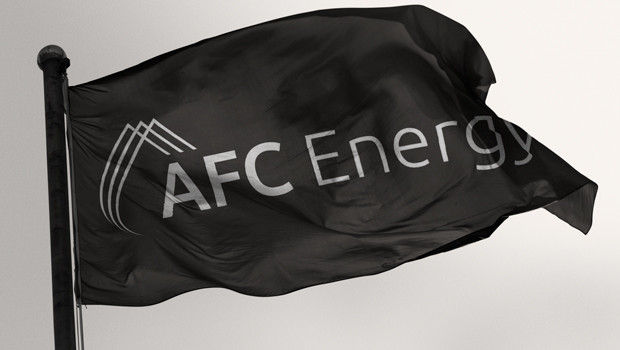AFC Energy Achieves Major Cost Reduction for Hydrogen Fuel Cell Generators
Key Ideas
- AFC Energy has successfully reduced the cost of its 30kW hydrogen fuel cell generators by about 85%, making them competitive with diesel generation on price.
- The cost savings, driven by low-cost stack technology and value engineering, exceed previous targets and aim to promote wider adoption of AFC's technology.
- The company has signed a supply agreement for custom fuel cell systems, is advancing plans for volume manufacturing, and working on a global strategic partnership with Volex.
- AFC Energy's CEO expressed the company's commitment to achieving commercial viability in the hydrogen economy without government subsidy, targeting mid-2026 for the delivery of the low-cost generators.
AFC Energy recently announced a significant achievement in reducing the cost of its 30kW hydrogen fuel cell generators by approximately 85%. This cost reduction was made possible through the implementation of low-cost stack technology and an extensive value engineering programme. The company believes that these savings will allow its hydrogen systems to effectively compete with diesel generation in terms of cost. Furthermore, AFC Energy has also made progress in signing supply agreements for custom fuel cell systems to meet expected demand and is moving forward with plans for volume manufacturing. Additionally, the company is in discussions for a strategic manufacturing partnership with Volex, aiming to leverage materials and economies of scale to further reduce costs. The CEO of AFC Energy, John Wilson, highlighted the company's strategy to achieve commercial viability in the hydrogen economy without relying on government subsidies. He expressed satisfaction in achieving the ambitious 85% cost reduction target and set a timeline of mid-2026 for the delivery of the first low-cost generators. Despite the 6.16% decrease in AFC Energy's shares following the announcement, the overall sentiment towards this development is positive, as it paves the way for increased adoption of hydrogen fuel cell technology.
